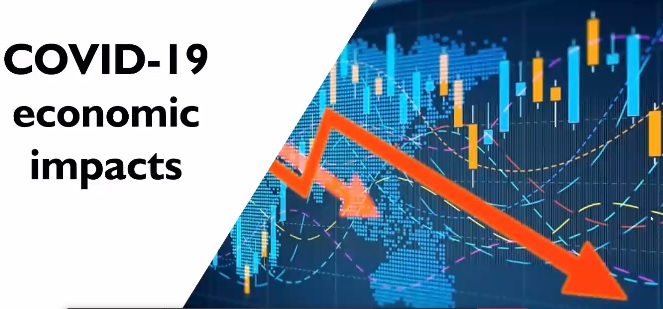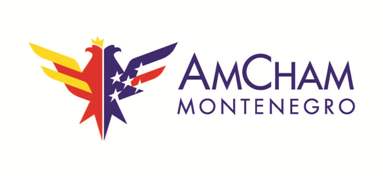
16
2020AmCham Regional Webinar Croatia, Montenegro, Slovenia, Czech Republic, Greece on the impact of COVID 19 on tourism: regular communication, solidarity and constant adjustment
Timely communication within every country, intercountry communication, solidarity and constant adaptation to the market demands, whose uncertainty is caused by the global pandemic of COVID 19, are key postulates on which decisions must be based, it is emphasized on the regional webinar, organized today by the American Chambers of Commerce of Croatia, Montenegro, Slovenia, the Czech Republic and Greece.
Participants were: Damir Davidović, State Secretary, Ministry of Sustainable Development and Tourism of Montenegro, Tonči Glavina, State Secretary, Ministry of Tourism of Croatia, Jan Herget, Executive Director, CzechTourism, Czech Republic, Marjan Beltram, Executive Director for Tourism and Mobility Services, Nomago, Slovenia, – Andreas Stylianopoulos, Executive Director, Navigator (represents Royal Caribbean and Walt Disney), Greece, Kai Dieckmann, General Manager, Regent Porto Montenegro and Siniša Topalović, Horwath HTL, who also moderated the discussion.
All participants presented measures taken by the governments of their countries of origin, in order to overcome the current crisis, or to alleviate the economic consequences as much as possible, in order to save jobs and give a new perspective to the development of the tourism sector. The share of tourism in the GDP of webinar participating countries is very high, so this was a great opportunity for them to share experiences and opinions on how countries can tackle this problem.
One of the conclusions of the webinar is that all countries must be prepared for multiple scenarios, and adapt accordingly to a situation that is very demanding and complex, in global terms. In this context, it is of great importance to maintain good communication within the country, an active public-private dialogue, in order to align the measures with those to whom they relate, that is, expectations and opportunities.
Bearing in mind the unpredictability of situations such as a pandemic, it is extremely ungrateful to give final marks at this time, but one thing is for sure, the habits of tourists will change, the participants agree and, for example, now we can talk about “revenge” tourism, that is, a psychological phenomenon where people, after a pandemic, decide to travel and buy more when all the health conditions are satisfied as demonstrated by the China case.
The current conditions dictate that the whole society must constantly prepare for change, coordinating policies and measures, and monitoring developments that put citizens and businesses under challenge on a daily basis.
The participants agreed that such discussions contribute in finding the best possible solutions, and expressed hope that a similar event would be organized as soon as possible.








